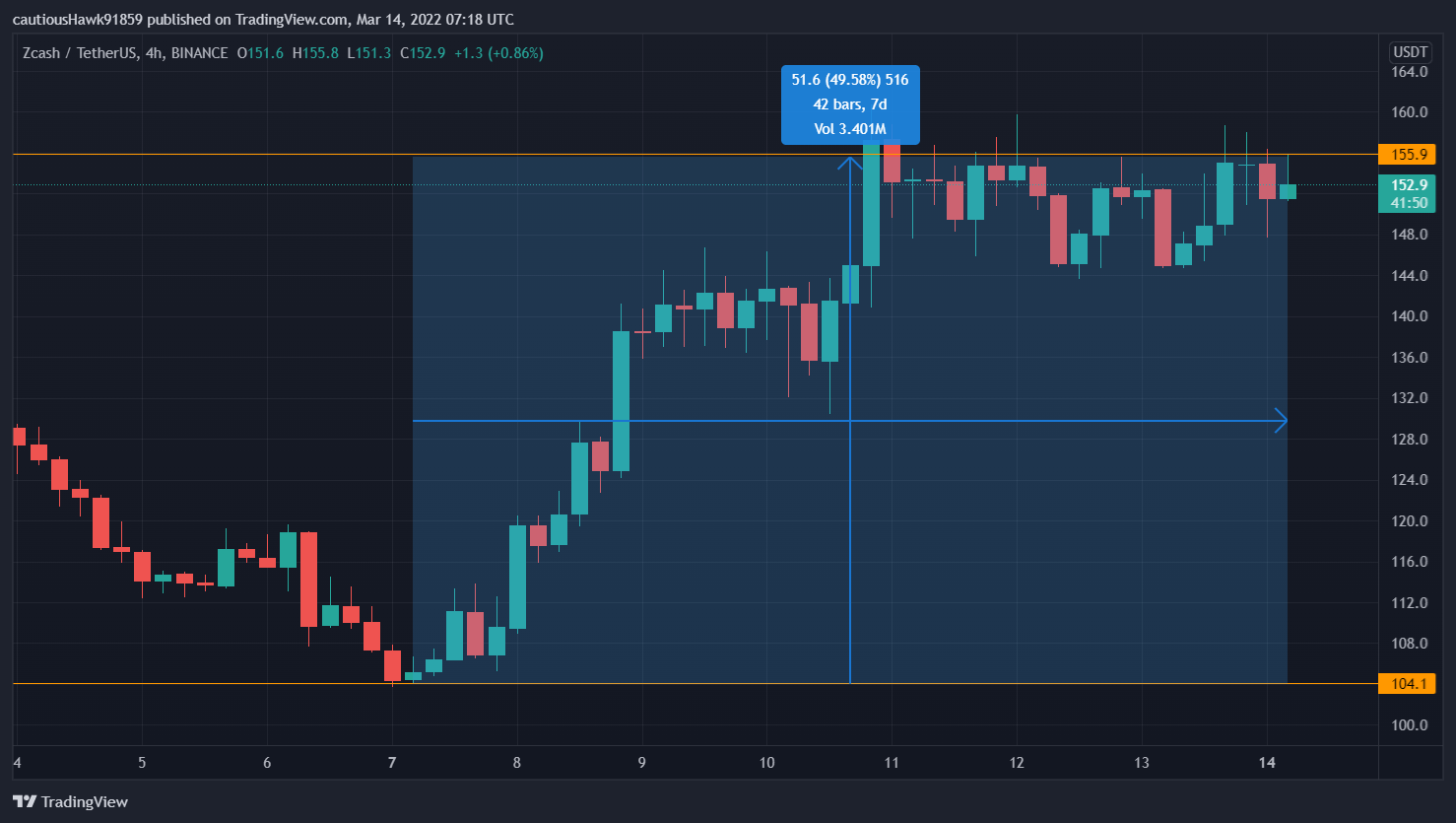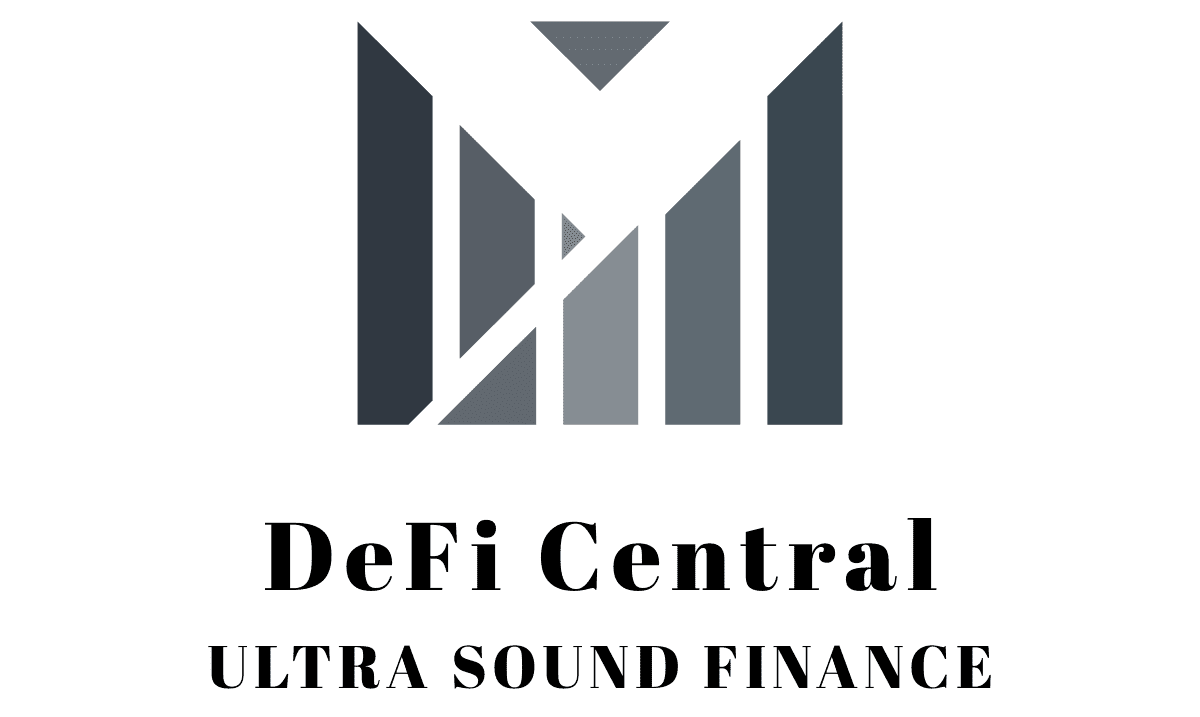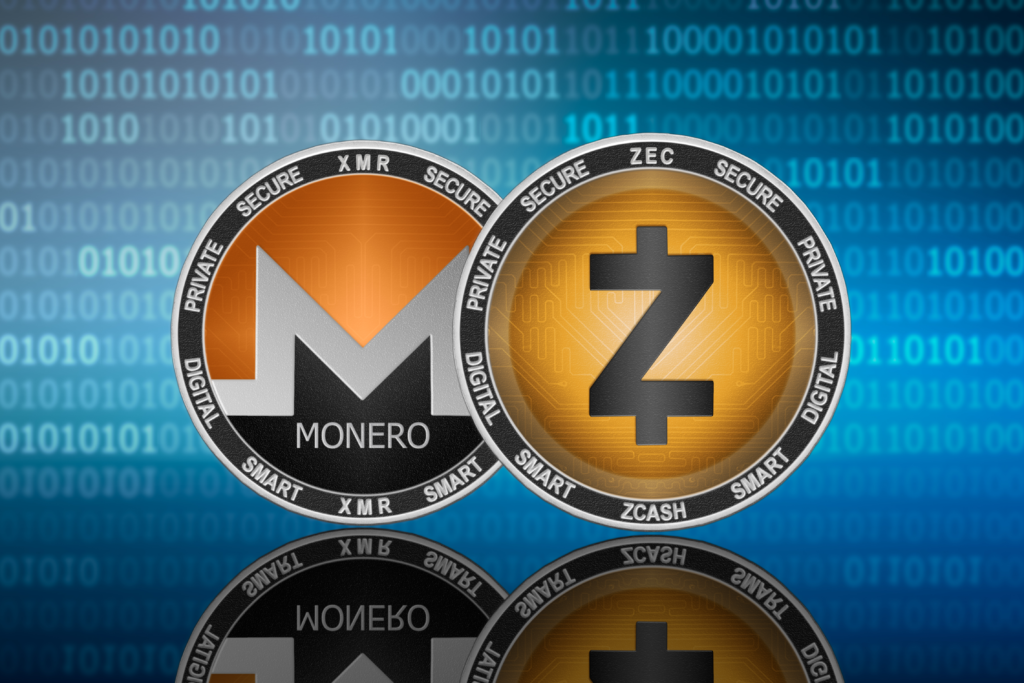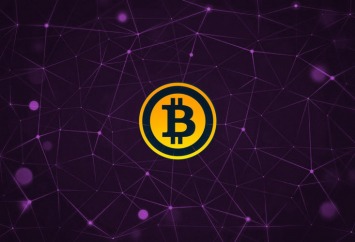The time of anonymity? Privacy altcoins Monero (XMR) and Zcash (ZEC) have been relatively little talked about lately, but they have been quietly gaining ground over the week. How to explain this renewed interest and will it continue?
Monero and Zcash surge over the week
Most of the “big” cryptocurrencies have experienced very measured increases over the past week. Bitcoin ( BTC ) shows a meager +0.4% , Ether ( ETH ) is at the same point with +0.7%, and Binance’s BNB even drops by -1.8%.
But in the face of that, the anonymous altcoins Monero and Zcash seem in notable shape. Over the last seven days, the XMR has thus posted +19%. For the ZEC, the leap is even clearer: it increased by +49.5% over the same period :

The ZEC progressed by nearly +50% over the week
This pushes the capitalizations of the two cryptocurrencies back into the top 100. Zcash is now installed in 62nd place, with a capitalization of $1.8 billion and Monero is 38th, with $3.3 billion.
According to data published by Cryptoslate, the trend is also observable among all “privacy coins” . Their combined market cap thus shows an increase of +12.9% over the last seven days.
How to explain these progressions?
With the crypto community being particularly fickle, anonymity altcoins haven’t been making the headlines in recent months, and their prices have tended to fall . How then can this renewed interest in Zcash and Monero be explained?
Of course, we can only speculate, but it is likely that the traceability of “classic” cryptocurrencies has been particularly highlighted in recent weeks. Economic sanctions against Russia were discussed, and with it the idea that cryptocurrencies are globally too traceable for Putin to use. The attraction for ZEC and XMR is therefore perhaps a reaction to this awareness of the transparency of the main blockchains .
We can also mention the sustained attention of regulators , who are monitoring crypto-assets more at the moment. Today, the MiCA regulation should be voted on at European level, and the supervision of the mining sector is worried, while it is still unclear how the new rule could be applied.
The situation in Ukraine has also shown how easy it is to block funds on centralized platforms. Proof of this has been made by Coinbase, which precisely blocked 25,000 addresses belonging to Russians last week.
Although the crypto community has overwhelmingly supported Ukraine, it is therefore concerned about the fallout of the situation on the ecosystem as a whole. Several politicians have indeed taken advantage of the concerns to push for stricter regulation of cryptocurrencies , even if Putin has shown no signs that he is using them.
Could anonymity altcoins then progress, and attract new investors? That remains to be seen, but this week tends to indicate that they are of interest, at least to a fraction of the crypto community.





